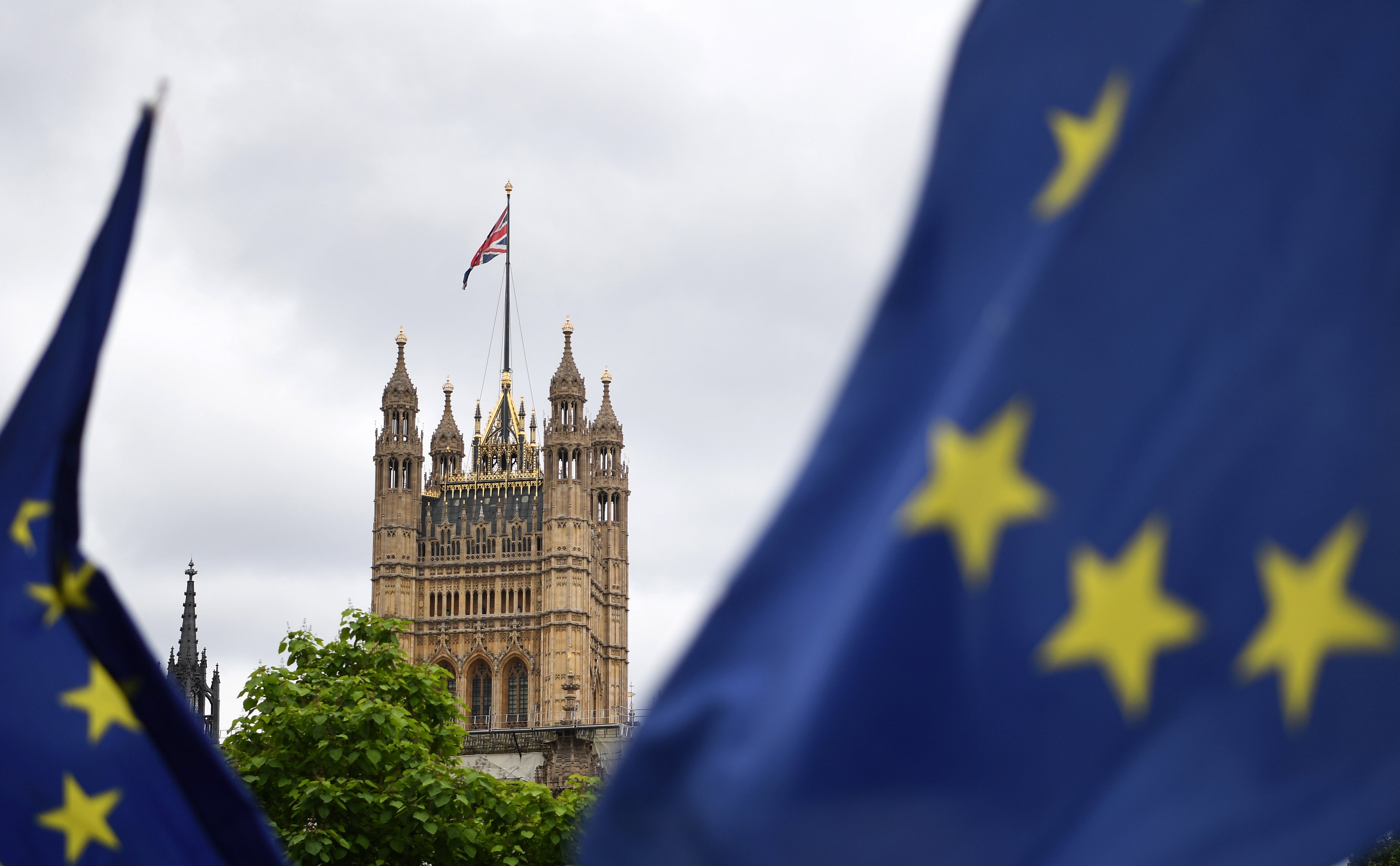UK on fresh collision course with EU over £3.5bn demanded in Brexit ‘divorce bill’
Treasury puts debts at £37.3bn – but Brussels insists it’s £40.8bn and does not expect sum to ‘be contested’

The UK is on a fresh collision course with the EU after insisting it does not owe £3.5bn of its whopping Brexit “divorce bill”.
The Treasury has announced the sum it believes are the government’s liabilities for 43 years of EU membership – putting it at £37.3bn.
But, last week, Brussels insisted the true amount is £40.8bn, saying it did not expect the demand to “be contested” by London.
The UK has already begun to hand over some of the money, for everything from agreed development projects in deprived regions, and science programmes, to the pensions of EU officials.
Payments will be due every month, the EU said last week, with a total of €6.8bn (£5.8bn) expected to be transferred in 2021 – although payments will continue until 2064.
The EU’s 2020 accounts put the overall bill at €47.5bn (£40.8bn) and a European Commission spokesperson said: “We have no indication whatsoever that the overall figure will be contested.”
But Stephen Barclay, the Treasury chief secretary said: “HM Treasury estimate that the current value of the financial settlement is £37.3bn.
“This remains within the government’s previously published reasonable central range, adjusted to take into account the UK’s 31 January 2020 exit date.”
The amount is slightly higher than the estimate of £37.1bn given by both then-prime minister Theresa May and the independent Office for Budget Responsibility, in 2018.
Mr Barclay issued a report, entitled European Union Finances 2020, which also lists the EU programmes the UK will continue to pay into, despite leaving – but not the sums involved.
They are; Horizon Europe (science research), Euratom Research (nuclear innovation), Fusion for Energy (fusion research) and Copernicus (Earth observation).
The UK will make “a proportionate contribution”, plus “an administrative contribution for the cost of running these programmes”, varying year-by-year.
Also, both the UK and EU fund the Peace Plus programme in Northern Ireland, which “will be the subject of a separate financing agreement”.
The list does not include the Erasmus student exchange scheme, which Boris Johnson pulled out of on the grounds of cost – despite previously insisting there was no threat to the UK’s involvement.
As an EU member, the UK paid net annual membership fees of between £8.1bn and £10.7bn, so the annual divorce bill payments are considerably lower.
But critics of Brexit say that saving must be weighed against the huge economic cost of losing access to the EU single market and customs union.
There were fierce rows about the scale of the liabilities before the financial settlement was reached, as part of the 2019 withdrawal agreement.
However, although the two sides settled on a methodology to calculate the bill, no fixed sum was agreed and, until this month, the EU had not revealed its estimate.
A Treasury spokesperson played down any dispute, saying: “This statement sets out our full estimate of what we expect to pay for the financial settlement, which remains within our central range of £35-£39bn.
“The government continues to work constructively with the EU to ensure that the UK pays the right amount under the withdrawal agreement.”
Subscribe to Independent Premium to bookmark this article
Want to bookmark your favourite articles and stories to read or reference later? Start your Independent Premium subscription today.

Join our commenting forum
Join thought-provoking conversations, follow other Independent readers and see their replies